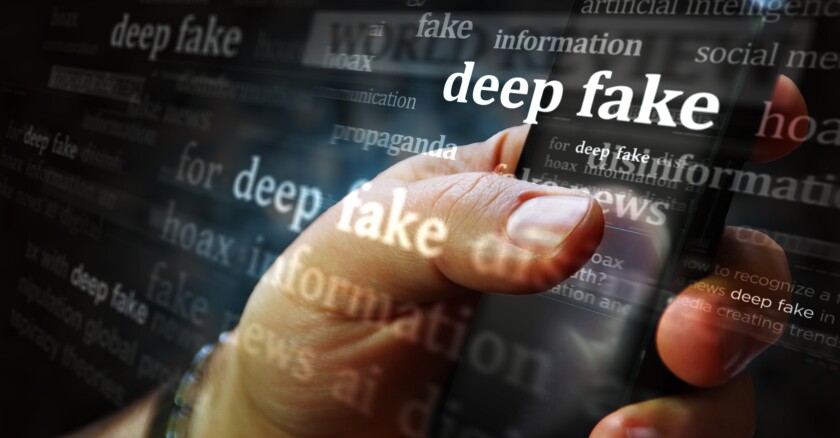The bill will likely be taken up soon by the House Communications & Technology Committee, Chairman Joe Ciresi, D-Montgomery, said on Monday. The committee held its first meeting last week and advanced a separate AI-related measure urging Congress to make it clear that creative works generated by machines are not copyrightable.
Mr. Ciresi said he anticipates the candidate-fakes bill will pass the committee soon, with bipartisan support.
The most high-profile candidate-faking incident came early last year when New Hampshire residents got robocalls that sounded like then-President Biden's voice, discouraging people from going to the polls in the state's primary election.
A Louisiana man, Steven Kramer, was subsequently indicted on charges including felony voter suppression after an investigation into thousands of calls that featured a recorded voice that appeared to have been artificially generated to mimic Mr. Biden. It attempted to persuade voters to skip voting in the state primary election.
Republican Rep. Jeremy Shaffer of Allegheny County on Monday said the candidate-fakes bill is needed.
"People already have a low level of trust in the political system. AI has the potential to eliminate all trust in it," Mr. Shaffer said. Especially important, he said, is working to discourage the possibility of someone using AI "to generate a false video of a political candidate saying something they didn't say."
The bill, sponsored by Democratic Rep. Tarik Khan of Philadelphia, targets under certain circumstances a campaign ad that contains an AI-generated impersonation "with the intent to misrepresent the words, actions, or beliefs of the candidate." The bill would allow the candidate who is the subject of the ad to file a civil action, with daily civil penalties of up to $15,000 for violations tied to municipal elections; up to $50,000 for those tied to state-level offices; and up to $250,000 for those tied to elections for federal-level offices.
A similar bill from Mr. Khan was approved by a House committee last session but later stalled.
The copyright resolution, sponsored by Rep. Kristine Howard, D-Chester, urges Congress to amend copyright law to protect humans who produce creative work from being ripped off by machines powered by AI.
Ms. Howard said new questions are popping up every day about the use of AI "and what the rights and responsibilities attached to its use are." Lawsuits, she said, will take years to sort out such issues and lawmakers can help by clarifying what relevant laws mean.
Copyright law is federal. Ms. Howard's resolution urges Congress to specify that "only work created in majority part by natural persons, that is, human beings, is copyrightable" and that the "feeding of copyrighted works, known as 'scraping,' into an AI program" is "harmful to the market value of the copyrighted work."
The resolution passed unanimously and now goes to the full House for consideration.
Mr. Ciresi said his committee is expected to be the legislative portal for many AI bills this session. He wants to hold hearings on them before voting.
"It is so in-depth," Mr. Ciresi said of the issues surrounding AI. And, he added, its effects are being seen in "every part of life."
© 2025 the Pittsburgh Post-Gazette. Distributed by Tribune Content Agency, LLC.














